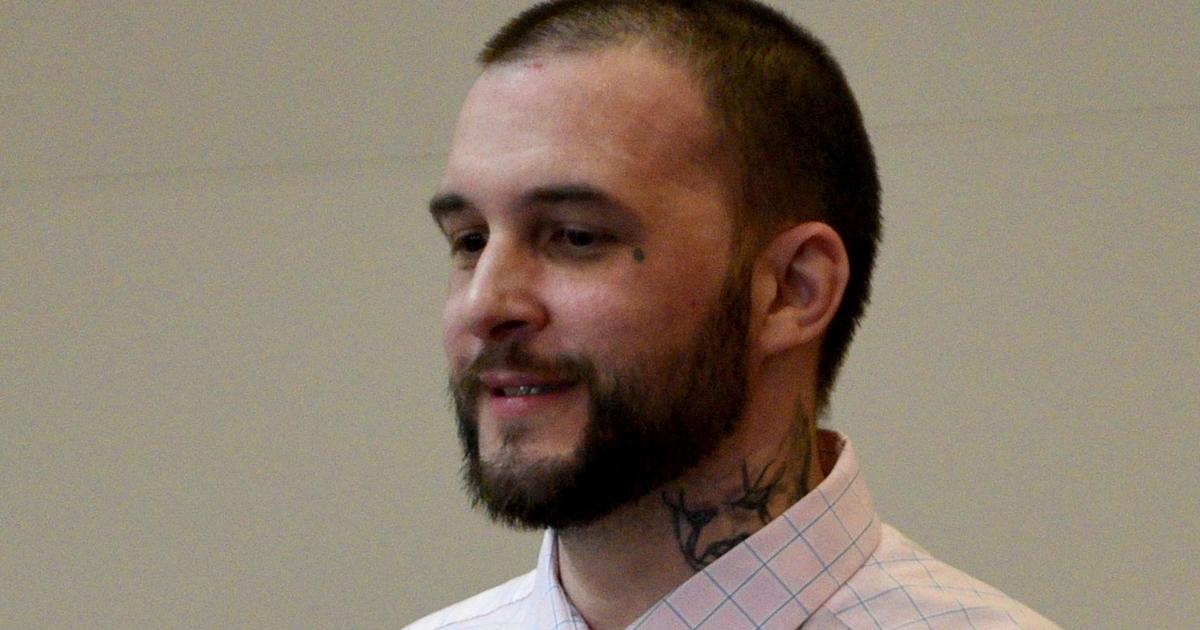Gov. Baker Says Law Should Be Reviewed As Child Rapist Is About To Be Released
LAWRENCE (CBS) - "If we have a chance to save another child, we really need to," said Billie Scharn. Her nephew Andy Puglisi disappeared from Lawrence in 1976, when he was 10 years old.
Back then, police called Wayne Chapman a "person of interest." He was convicted a year later of raping two other local boys. Now, officials with the Massachusetts Department of Corrections say Chapman could be released from MCI Shirley as soon as Wednesday.
"I certainly would've liked to have been notified," said Lawrence Police Chief Roy Vasque. "There are members of this Department who were friends with Andy Puglisi, so it certainly strikes home here."
When Chapman finished his sentence, prosecutors fought for a civil commitment to keep him locked up as "a sexually dangerous person." This year, when he petitioned for a review, two psychologists the state considers experts said he's no longer a danger. "Under court order, the Department of Correction was notified that Chapman must be released," said DOC Spokesperson Jason Dobson.
Scharn is outraged. "What makes anybody think that he's not going to pick that right up and do it again?" State officials say Chapman is not on probation, so there won't be any conditions with his release, and no GPS monitoring. He will have to list his address with the Sex Offender Registry, where he's classified as a level three offender.
"One of the things I think we need to do, is take a look at the statute and see if there are some adjustments that should be made there," said Governor Charlie Baker.
WBZ-TV's Louisa Moller reports
After four decades behind bars, Scharn says that's where he should be staying for life. "That's what was my hope, that he would stay in jail long enough that God would take him."
Forensic psychologist Eric Brown says Chapman's age could be what drove psychologists to release him. "When men age into their sixties and seventies, if they live that long, the likelihood of them reoffending reaches zero," Brown said.
Remorse, says Brown, is not considered. "Whether or not somebody has remorse has absolutely no predictive value in terms of telling us whether that person is likely to reoffend," he said.
WBZ-TV's Louisa Moller contributed to this report.



